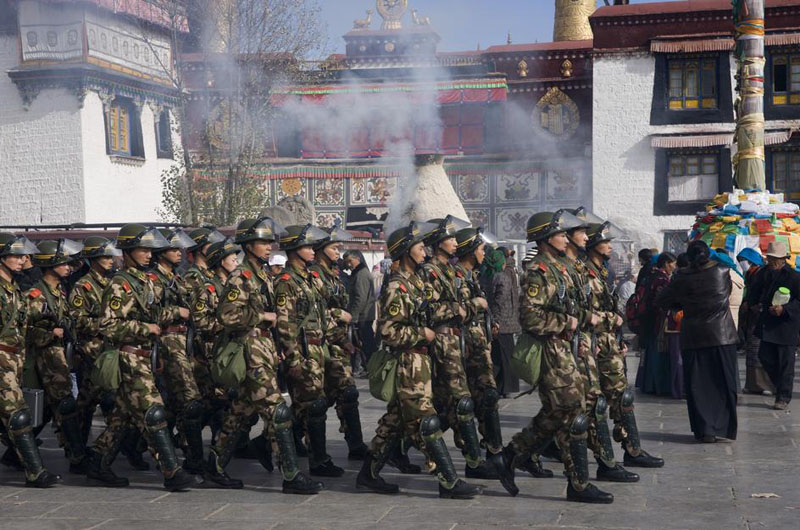
By Nadir Ali
KUALA LUMPUR, April 6 – Lopsang Sangvay, the President of the Tibetan-government-in-exile, Central Tibetan Administration (CTA), is urging US President Joe Biden to appoint a special envoy to Tibet, in line with the Tibetan Policy and Support Act of 2020 signed by the US late last year.
“Tibetans are seeking a peaceful and meaningful settlement of Tibet in line with their aspirations, a settlement that will be beneficial for both China and Tibet,” Lopsang said in an interview with the Centre for Peace and Justice (JKCPJ) in India on Monday.
Lopsang said the route Tibetans are taking was in line with the call made by the Dalai Lama that long-lasting peace and prosperity for Tibet can only be achieved by seeking the middle way policy.
Nonetheless, the representation for Tibet must come from among the Tibetans, Lopsang asserted, saying there was a need to build their representation and ensure that they are the front runners for their cause.
Former US President Donald Trump signed the Tibetan Policy and Support Act in December last year that called for the establishment of a US consulate in Tibet,
The Bill also called on building an international coalition to ensure that the next Dalai Lama is appointed solely by the Tibetan Buddhist community, and also modified and re-authorised various programmes and provisions related to Tibet.
It also authorised assistance to non-governmental organisations in support of Tibetan communities in Tibet; and placed restrictions on new Chinese consulates in the United States until a U.S. consulate has been established in Lhasa, Tibet.
In line with this development, Lopsang said Tibetans have to be educated about the policy implementation in Tibet.
While acknowledging the US’ role that has gained momentum internationally for the Tibetan cause, Lopsang said more needs to be done.
“It has been a source of hope for Tibetans across the globe. However, the job is not done yet.”
“Appointing an envoy would not only be helpful in accessing the ground situation but will in future play a pivotal role in arriving at a solution acceptable to all. There is always something that could be done in spite of the complex power dynamics and prejudices; looking beyond and seeking the pragmatic solution is the only way forward.
“USA under the president Biden administration should be the torch bearer for the cause of Tibet, and urge the world leaders for working towards the amicable solution for the Tibet,” Lopsang said.
Meanwhile, last year, Indian daily The Hindu reported that the Tibetan Policy and Support Act of 2020 approved $1 million per annum for the Special U.S. Coordinator on Tibet, $675,000 towards scholarship provisions, $575,000 for scholar exchange initiatives, $8 million for the Tibetan Autonomous Regio and Communities in China, $6 million for Tibetans living in India, $3 million for Tibetan governance.
The Bill also sought to pursue collaborative efforts with Chinese and international scientific institutions, to monitor the environment on the Tibetan plateau, including glacial retreat, temperature rise, and carbon levels, to promote a greater understanding of the effects on permafrost, river flows, grasslands and the monsoon cycle.
–WE